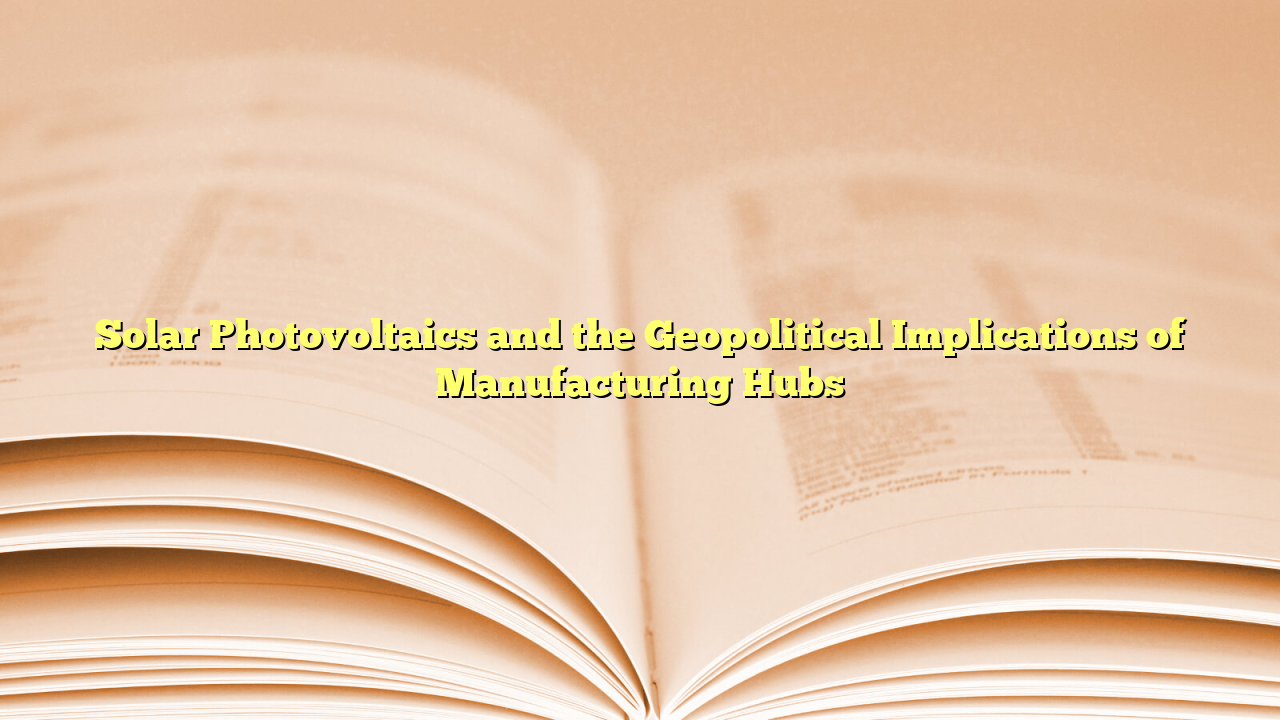supply chain concentration shapes global energy leadership and strategic leverage
Solar photovoltaic (PV) technology has emerged as a cornerstone of the green energy transition, yet its global manufacturing is heavily Pokemon787 login concentrated in a few countries. China leads the production of solar cells and modules, controlling supply chains for polysilicon, wafers, and panel assembly. This concentration introduces geopolitical risks, as nations seeking rapid decarbonization face potential disruptions in access, pricing, and technology transfer.
Private investment plays a pivotal role in shaping these supply chains. Venture capital, private equity, and corporate funding support alternative manufacturing hubs, efficiency improvements, and recycling initiatives. These investments determine which regions can develop resilient solar industries and reduce reliance on dominant producers. Timely deployment of capital also enables technological advancements, enhancing module efficiency, lowering costs, and expanding domestic production capacity.
Governments intervene through industrial policy, incentives, and trade agreements. Policies aimed at fostering local manufacturing, securing critical raw materials, and promoting R&D are essential to balance market dynamics and geopolitical risk. Strategic partnerships between states and private investors enable scaling production, ensuring that renewable energy deployment aligns with national energy and security objectives.
The political economy implications extend beyond economics. Countries capable of integrating private capital with supportive policy frameworks can establish energy independence, attract talent, and influence international norms in renewable energy. Conversely, nations that fail to diversify supply chains risk strategic dependency, vulnerability to market shocks, and diminished influence in shaping the global energy transition.
In sum, the solar PV sector highlights the intersection of industrial policy, private investment, and geopolitical strategy. The concentration of manufacturing hubs creates both opportunities and risks, making supply chain resilience a critical determinant of national competitiveness and energy security in the 21st century. Successful coordination between policy and capital ensures that countries not only meet decarbonization goals but also secure strategic leverage in the emerging global green energy order.
